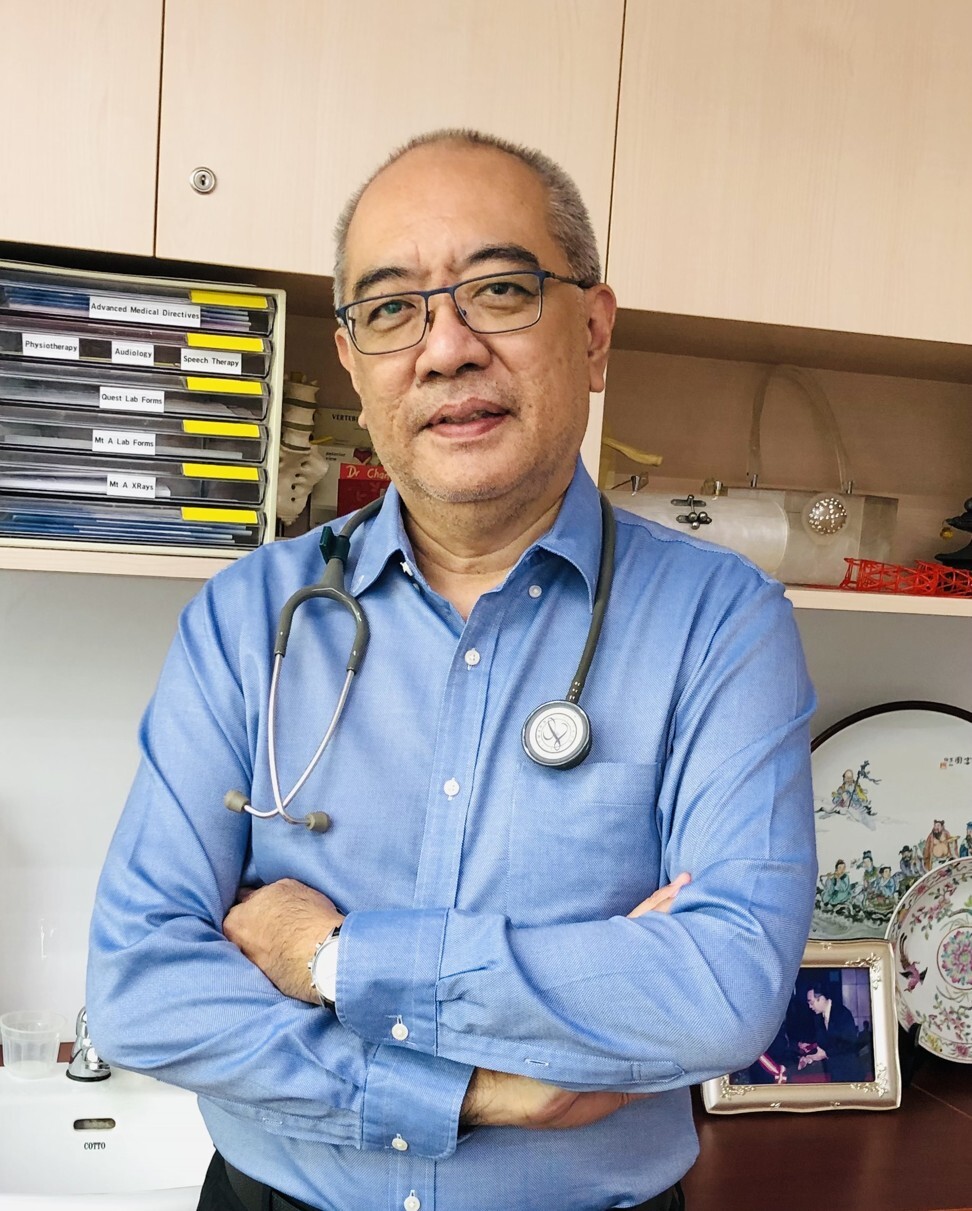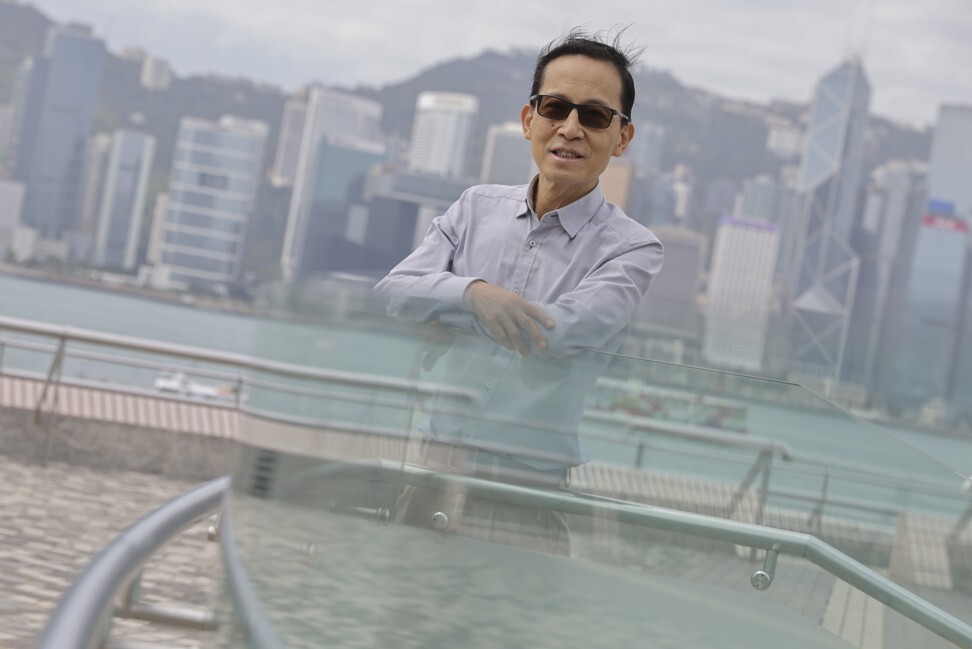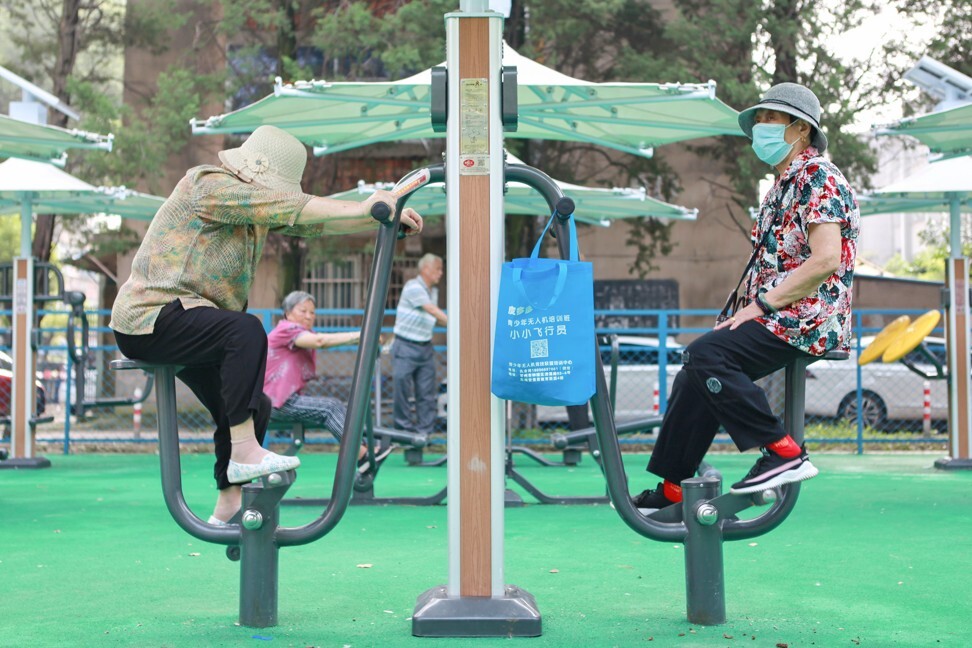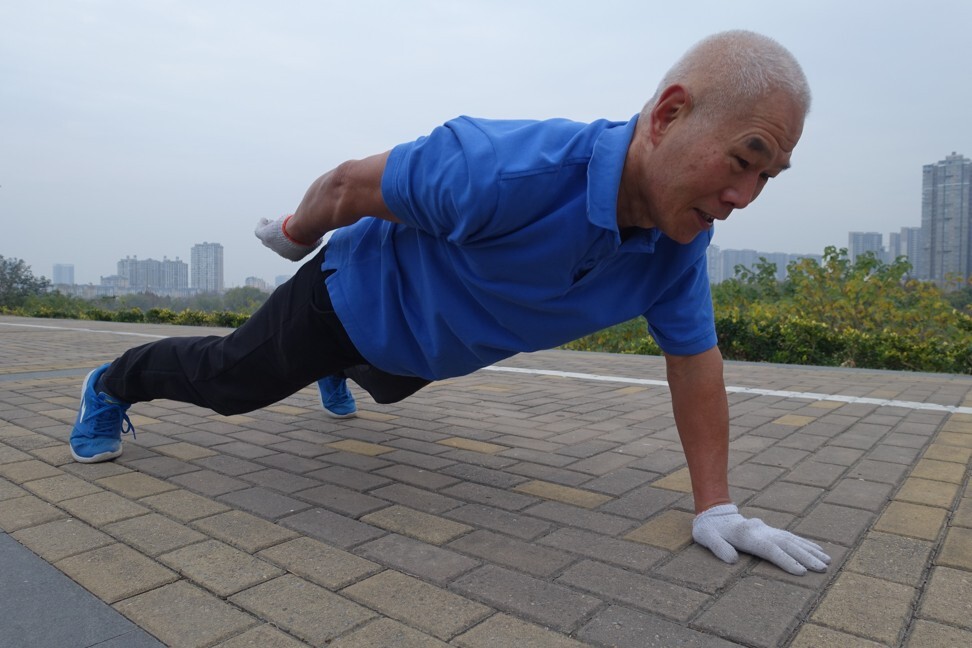
Retirement need not mean boredom: volunteer, take up new hobbies, start a business or a second career to increase your self-worth
- When Singaporean Ong Bee Yan retired, she did charity work, exercised and started a coffee business. Now she’s one of the Lion City’s most in-demand models
- Hongkonger Henry Young volunteers in as many ways as he can think of. He and Ong show how active, meaningful retirement keeps you healthy and happy
Ong Bee Yan is 65 years old but she’s not taking things easy. Since late 2019, the Singaporean has been one of the island-state’s most in-demand models, featuring in ads and posing for magazines such as L’Officiel. In April, she made the cover of Harpers Bazaar Singapore.
“It started when I modelled a T-shirt collection for Graye Studio, an online Singapore fashion label,” says the svelte, silver-haired grandmother and self-professed “elderpreneur”. “A photographer saw my pictures and did a test shoot, and the jobs just kept coming from there.”
In addition to modelling, Ong manages her Instagram account, grey_evolution, on which she shares photos from her modelling shoots and daily life.
She’s also planning workshops for fellow elderly people so that they can learn something new and generate extra income.

The pandemic hasn’t stopped him – even today, he delivers care packages to vulnerable households when Covid-19 guidelines permit. Since starting volunteer work five years ago, the retired banking executive and father-of-three has dedicated a minimum of 50 hours a year to helping non-profit organisations. He’s received certificates of appreciation for his contributions.
Ong and Young are part of a new breed of “super seniors” who keep busy with new hobbies, launch second careers, start businesses or become more involved with their community.

“Humans are creatures of habit and we need regularity to feel settled. Work, or having something to do every day, also gives us a sense of purpose and self-importance. For some, retirement can be a huge psychological shake-up, and down the road it may even lead to depression, which is a serious condition.”
Physical isolation, boredom and inactivity may also have a negative impact on long-term physical health and quality of life. A sedentary lifestyle is linked to an increase in the risk of cardiovascular disease, stroke, sarcopenia (age-associated muscle loss), osteopenia (when your bones are weaker than normal) and osteoporosis (when bone density decreases).
Additionally, a lack of social interaction, and therefore, a lack of mental stimulation, may hasten cognitive decline and increase one’s risk of forgetfulness and dementia.

Fortunately, says Chan, more elderly people are becoming aware of the importance of planning for a meaningful retirement. They understand that a person can only, say, travel or go fishing so many times a year, and they don’t like the idea of not being productive or purposeful. New hobbies, volunteer work, or starting a new business or second career are therefore being embraced as meaningful ways to spend this later part of life.
After he retired, Young took a while figuring out how to spend his time.
He joined hiking groups, read library books, visited museums, attended public lectures, and learned how to play the accordion and saxophone. He was listening to a radio programme for the elderly when he first entertained the idea of doing volunteer work. He recalls that the message he got was for old people to help out in their community instead of watching television all day.

“Volunteering has brought more meaning to my life,” Young says. “I’m doing something useful with my time, and just helping the less fortunate has made me more grateful for what I have. My work is appreciated and that makes me happy. I also feel good connecting with my community this way.
“We’re retired in a sense, but we’re not expired,” Ong adds. “I may be a senior but I’m still very much alive, alert, and capable of learning new things, like using social media. My mind is active, I’m physically healthy, and I have so much more to give. I refuse to let society dictate what I can and can’t do because of my age or the fact that I have a full head of grey hair.
“This is an amazing decade – I’m wiser, happier and more confident, and I’m not concerned about what people think of me. In fact, I’m having such a good time that I hope I can keep doing this in my 70s.”

Chan’s 10 tips for a happy and healthy retirement
1. Understand that retirement has a different meaning for everyone. For example, if you’re not well-to-do, you may want to start a business or second career to make extra money, or if you’re suffering from a chronic health condition you may spend your retirement trying to get healthy again. Knowing what retirement means to you personally will allow you to make better plans for your future.
2. Maintain a daily schedule – wake up and go to bed at the same time every day, and follow a grooming ritual every morning to feel better about yourself.
App that detects mental decline may be lifesaver amid an Asia dementia tsunami
5. Join a neighbourhood community club, where you can make new friends, attend workshops and learn new skills such as photography or painting.
6. Keep up with the news so you’re aware of what’s going on in the world.
7. Find a new hobby and dedicate time to it every week.
8. Catch up with family members regularly.
9. Create a list of things you’ve always wanted to do but never had time for.
10. Set goals for the future – this will keep you focused and motivated.

